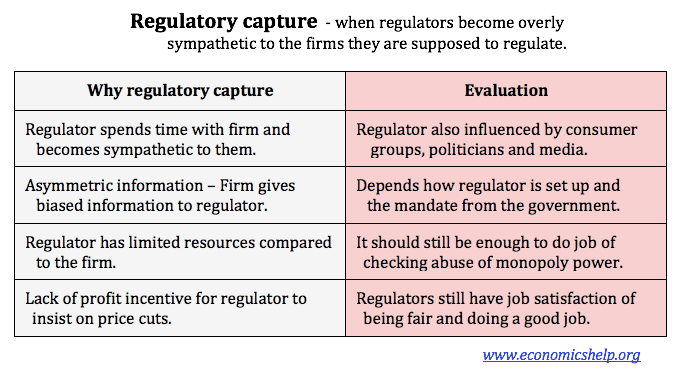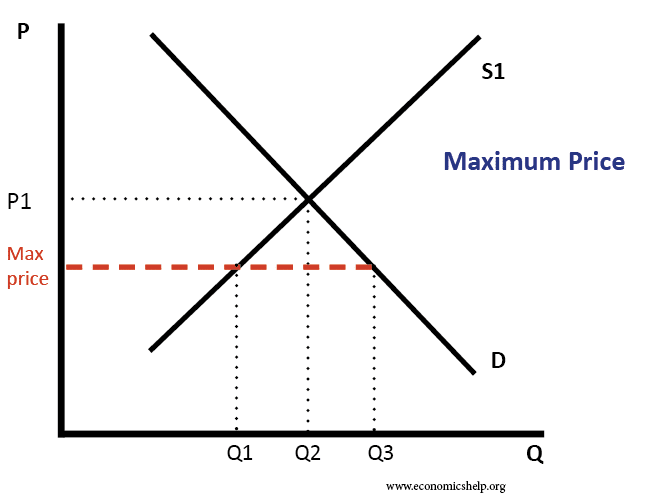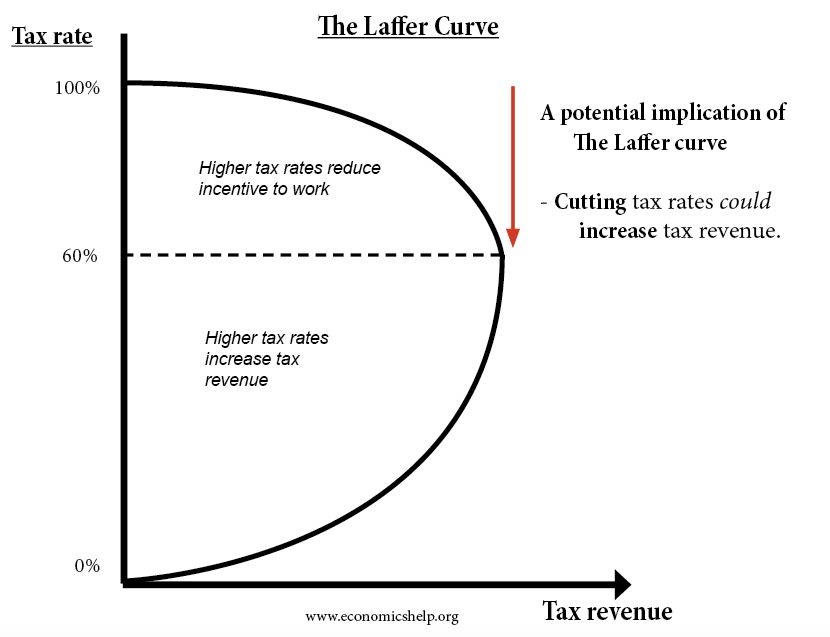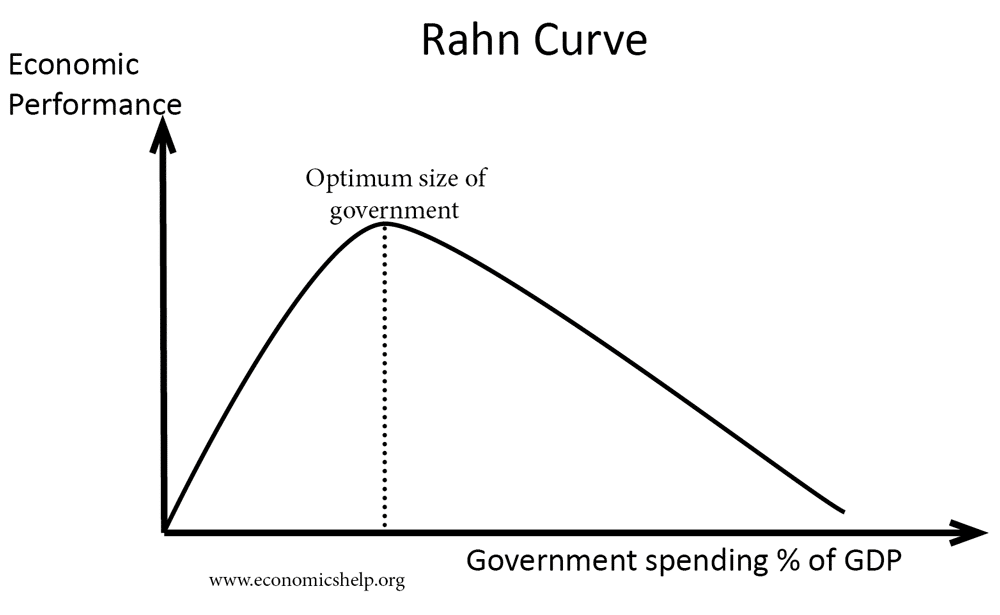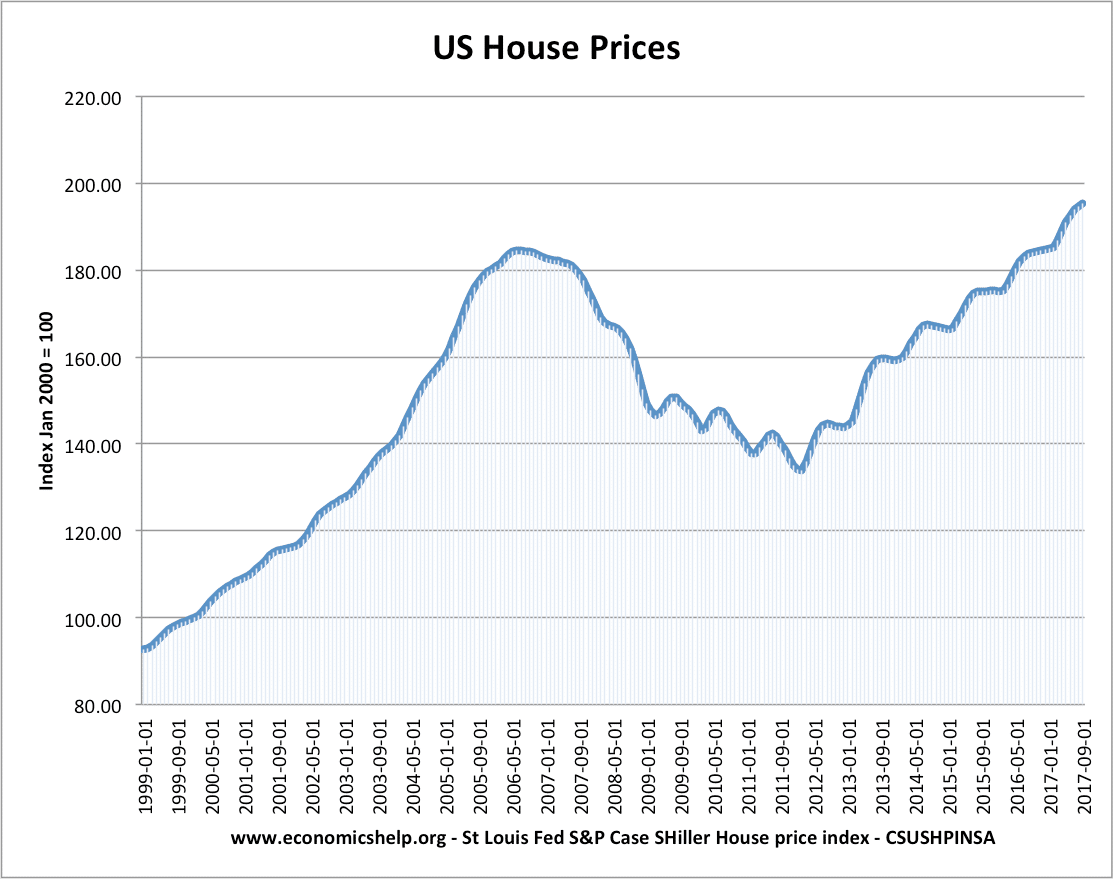Should I boycott goods made in sweatshop factories?
Should I boycott goods made in sweatshop factories? Another question from – What would Keynes do? This is a dilemma for an economist. If we boycott goods made in ‘sweatshop factories’ – does it help or hinder workers in developing economies? Firstly, when we hear about working conditions in some ‘sweatshop factories’ – low pay, …

